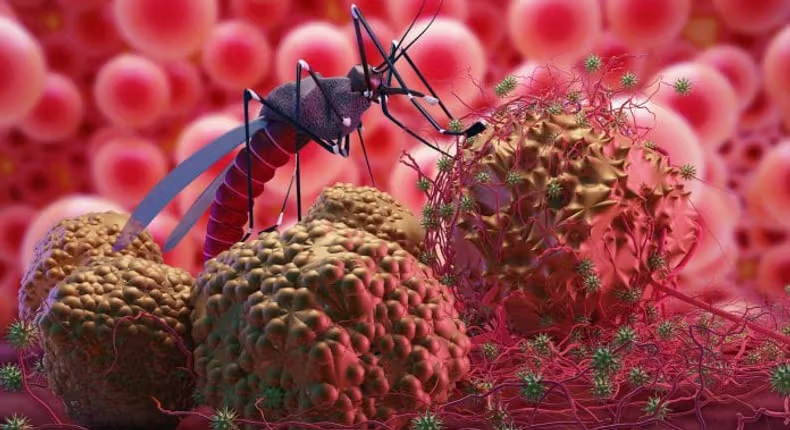< 1 mn read
Differentiating between malaria and typhoid fever is crucial for accurate diagnosis and effective treatment. Here’s how you can distinguish between these two diseases:
Transmission
- Malaria: Transmitted through the bites of infected mosquitoes.
- Typhoid Fever: Caused by the Salmonella typhi bacterium, transmitted through ingestion of contaminated food and drinks.
Fever Patterns
- Malaria: Often presents with cyclical fevers, known as paroxysms, where the fever rises and falls in separate stages.
- Typhoid Fever: Typically follows a “stepladder” pattern, with the fever rising gradually over several days.
Symptoms
- Malaria Symptoms:
- Chills and shivering
- High fever
- Enlarged spleen and liver
- Anemia
- Low blood platelet count
- Abnormal white blood cells
- Jaundice
- Abdominal pain
- Diarrhea
- Sweating
- Typhoid Fever Symptoms:
- Severe headaches
- Gastrointestinal issues like constipation or diarrhea
- Stomach pain
- High fever lasting around 10 days
- Enlarged spleen
- Impaired liver function
- Small red-dot skin rash on the abdomen and chest
- Disseminated intravascular coagulation and anemia
Diagnosis
- Malaria: Diagnosed with a complete blood count and malarial parasite test.
- Typhoid Fever: Diagnosed through various tests, including wild, typhi dot, bone marrow, and stool tests.
Complications
- Malaria: Can lead to seizures, coma, and death. Mortality rate is approximately 15.3 per 100,000 cases.
- Typhoid Fever: Can result in complications like intestinal perforation and peritonitis. Untreated cases can be fatal.
Blood Testing
- Both Infections:
- Can cause anemia and splenomegaly (enlarged spleen).
- Typhoid Specifics:
- Often associated with relative bradycardia (slower heart rate compared to body temperature).
- A decrease in white blood cells is more common.
When both diseases are prevalent, it may be necessary to conduct both blood tests to accurately differentiate between malaria and typhoid fever.

